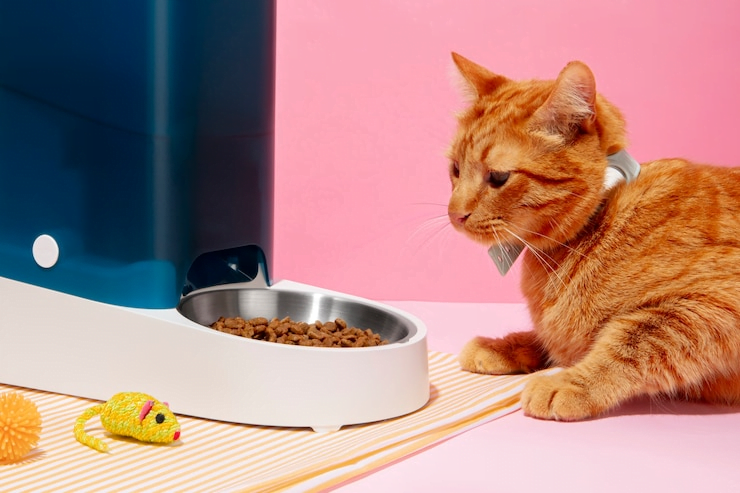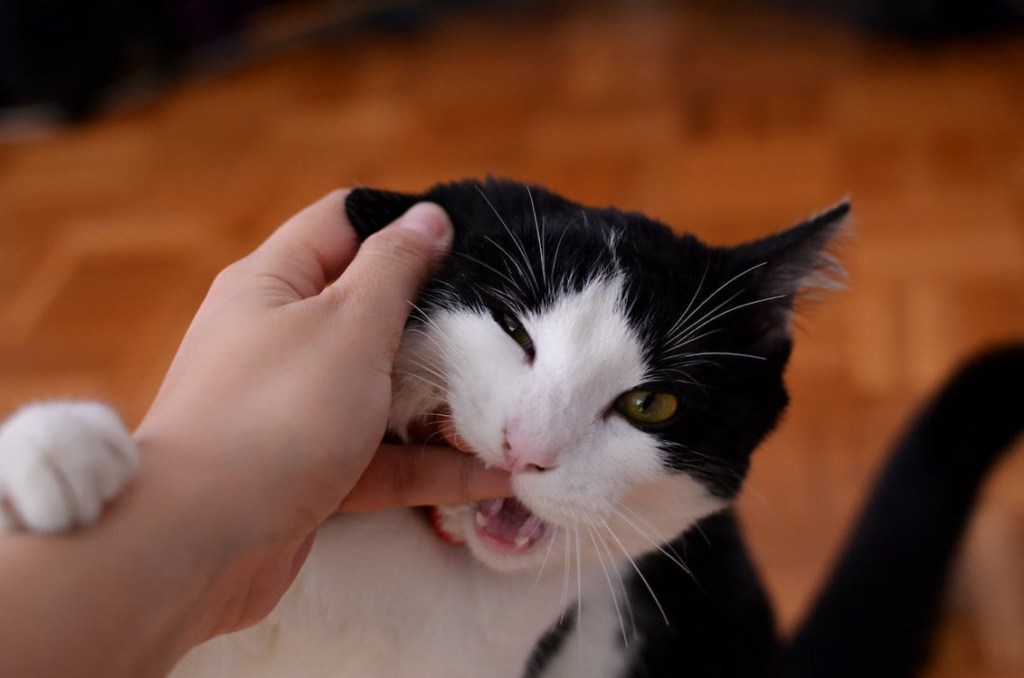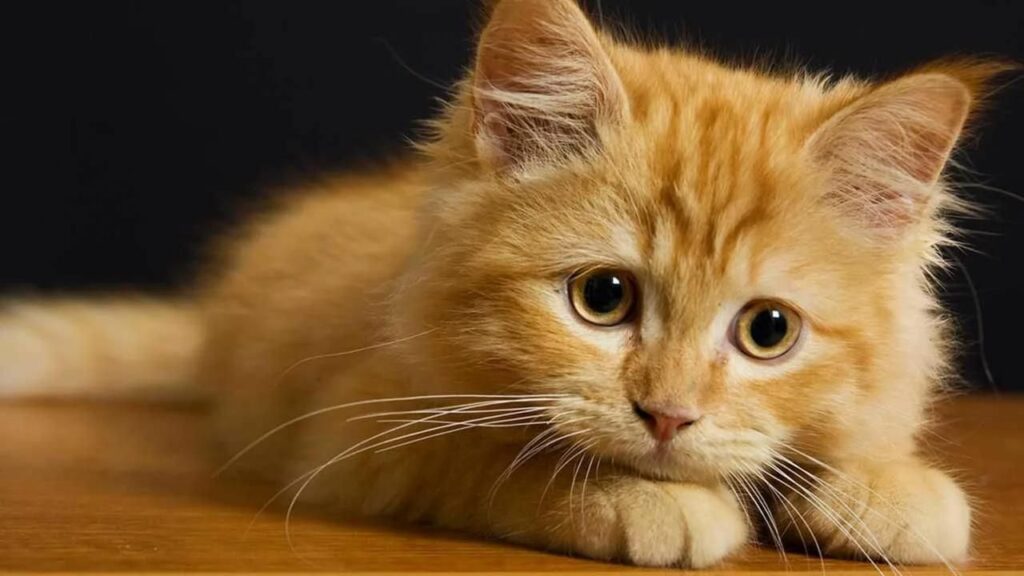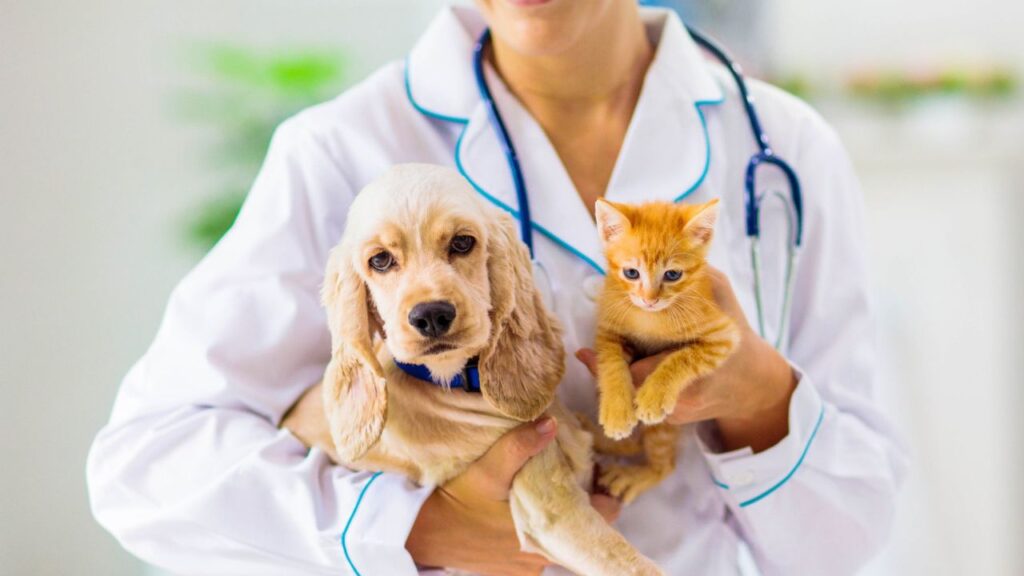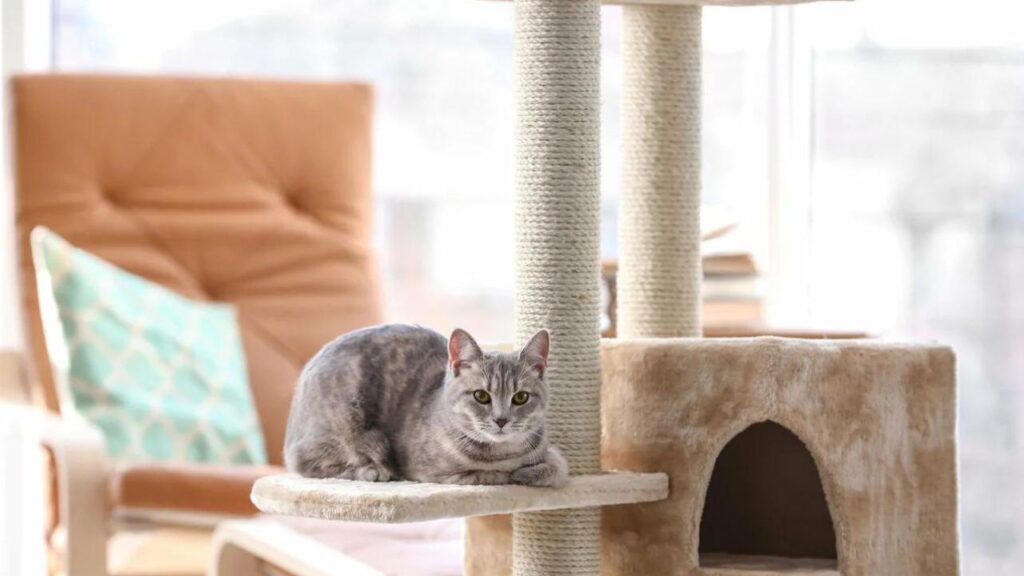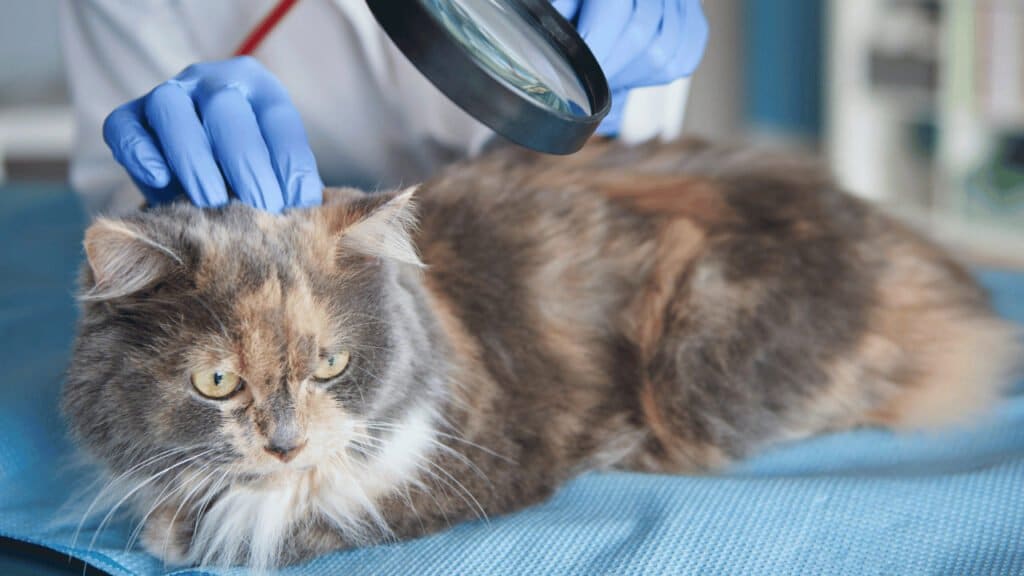Feeding a 12 week old cat might seem straightforward, but it’s crucial to get it right. At this stage of their life, kittens are in a critical developmental period where proper nutrition can make all the difference. In this blog post, we’ll explore the essentials of feeding schedules for 12-week-old cats to ensure they grow into healthy, happy adults.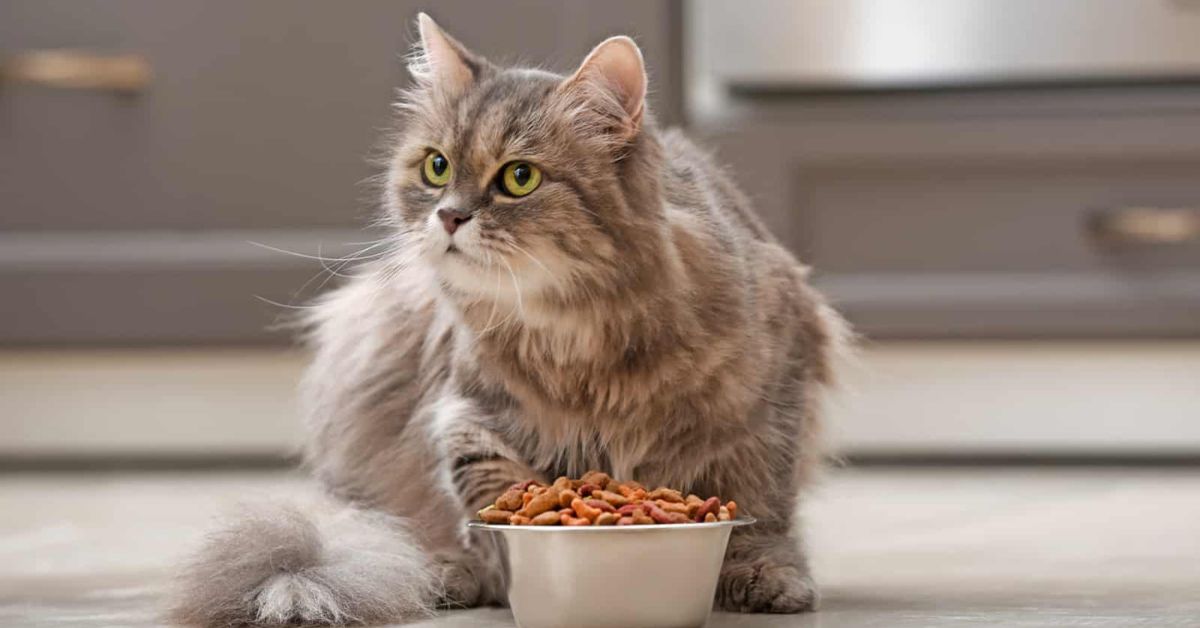
You’ll learn what kittens eat, how much they should consume, and how often they must be fed. Whether you’re a seasoned pet parent or a newcomer to the kitten world, this guide has you covered.
How often Should a 12 Week Old Cat Eat?
A 12 week old cat should eat three to four times daily to support its rapid growth and high energy levels. At this age, kittens are typically in a transition phase, weaning off their mother’s milk and moving to solid food. Their diet should include high-quality kitten food that is rich in protein, fat, and essential nutrients. Each meal should be given in small, manageable portions to prevent overeating and ensure proper digestion. Fresh water should always be available.
Regular feeding times help establish a routine that benefits both the kitten and the owner. Additionally, monitor the kitten’s weight and overall health and adjust the feeding schedule or portion sizes as recommended by a veterinarian.
What Do Kittens Eat?
Kittens require a balanced diet that provides all the nutrients they need for growth and development. At 12 weeks, a kitten’s diet should primarily consist of high-quality kitten food. This can come in wet or dry food, each having its benefits.
Wet food is excellent for hydration and is generally more palatable for kittens. It typically contains higher moisture content, which helps keep your kitten hydrated. On the other hand, dry food is convenient to store and helps promote dental health by reducing plaque buildup.
Avoid feeding your kitten human or adult cat food at this stage, as these do not meet the specific nutritional needs of growing kittens. Kitten-specific food is formulated with higher protein content and essential nutrients like taurine, which are vital for a kitten’s health.
How Much to Feed a Kitten?
Determining the right amount of food for your kitten is crucial. Overfeeding can lead to obesity, while underfeeding can stunt growth and development. Generally, a 12-week-old cat should eat around 1/2 to 1 cup of food per day, divided into multiple meals.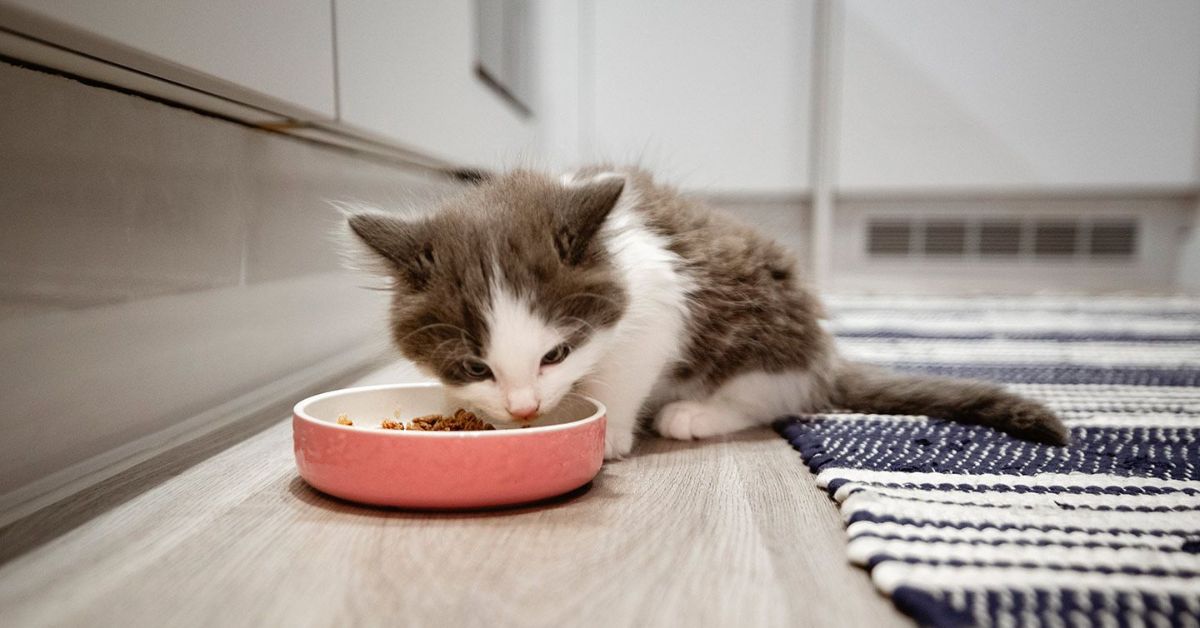
Check the feeding guidelines on the food packaging for specific instructions tailored to your kitten’s weight and age. It’s also a good idea to consult your veterinarian for personalized advice based on your kitten’s needs.
Remember, kittens have small stomachs and high energy needs, so they should eat small, frequent meals throughout the day. This helps maintain their energy levels and supports healthy growth.
How Often Should You Feed Adult Cats?
While adult cats typically eat 1-2 times daily, kittens require more frequent feedings. At 12 weeks, your kitten should be eating at least three times a day. This frequency ensures they receive the necessary nutrients and energy to support their rapid growth and development.
Adult cats have different metabolic rates and energy requirements, so their feeding schedules are less frequent. However, understanding adult cat feeding habits can help you plan for your kitten’s transition to adult feeding schedules.
How Much Wet Food or Dry Food to Feed a Kitten?
The type of food you choose—wet or dry—will influence how much you feed your kitten. Damp food generally requires more significant portions due to its high moisture content, while dry food is more calorie-dense.
Aim to feed your kitten approximately 3 to 4 ounces per meal for wet food thrice a day. For dry food, three times a day, 1/4 to 1/3 cup per meal is usually sufficient. Always refer to the feeding guidelines provided by the manufacturer and adjust based on your kitten’s growth and activity levels.
Mixing wet and dry food can offer the best of both worlds. It provides hydration from wet food and dental benefits from dry food while keeping your kitten interested with varied textures and flavors.
How Much Exercise Does a Kitten Need in Between Meals?
Kittens are bundles of energy, and regular exercise is essential for their physical and mental development. Aim to engage your kitten in play for at least 30 minutes to an hour each day, divided into several short sessions.
Interactive toys, such as feather wands and laser pointers, can help stimulate your kitten’s hunting instincts and keep them active. Providing a variety of toys and climbing structures will also encourage natural behaviors like chasing, pouncing, and climbing.
Exercise keeps your kitten physically fit and helps prevent behavioral issues by providing mental stimulation. A well-exercised kitten is likelier to settle down during feeding times and sleep better at night.
How to Teach Your Kitten to Go to the Bathroom?
Litter training is an essential part of raising a kitten. Most kittens instinctively use a litter box, but some may need guidance. Start by placing the litter box in a quiet, accessible location. Introduce your kitten to the litter box by gently placing them in it, especially after meals and play sessions.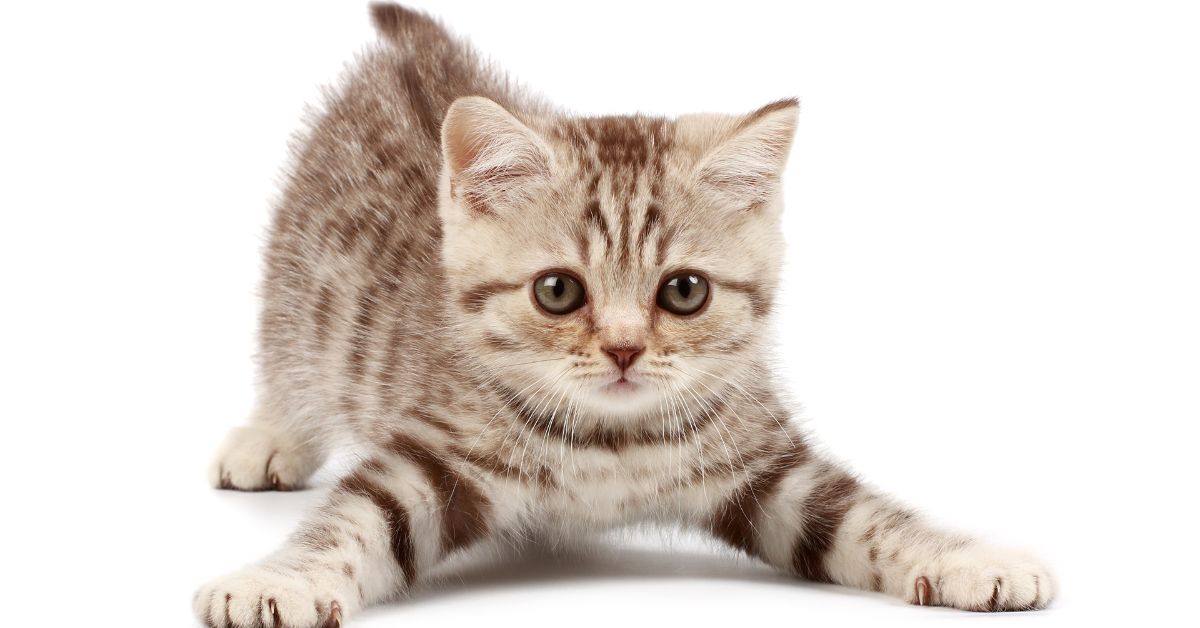
If your kitten has accidents outside the box, clean the area thoroughly to remove any lingering odors that might attract them back to the same spot. Avoid using ammonia-based cleaners, as they can mimic the smell of urine.
Reward your kitten with praise or treats when they use the litter box correctly. Patience and consistency are key; with time, your kitten will learn where to go.
Frequency of Meals
A 12-week-old cat should eat three times a day: morning, afternoon, and evening. This frequent feeding schedule helps meet its high energy needs and supports steady growth.
Morning meals can provide the energy boost needed to start the day. Afternoon feedings help maintain energy levels and prevent mid-day hunger, while evening meals ensure your kitten stays satisfied through the night.
A consistent feeding schedule helps regulate your kitten’s digestive system and establishes good eating habits. It also allows you to monitor their appetite and overall health more effectively.
Portion Control
Portion control is crucial to prevent overfeeding and obesity. Measure each meal using a standard measuring cup to ensure consistency. Wet portions can be measured in ounces, while dry food can be measured in cups.
Adjust portion sizes based on your kitten’s weight, age, and activity level. If your kitten is gaining too much weight, reduce the portion sizes slightly. Conversely, if they seem hungry or need to gain weight appropriately, increase the portions.
Feeding guidelines on food packaging are a good starting point, but individual needs may vary. Regular weigh-ins and consultations with your veterinarian can help you fine-tune your kitten’s diet.
Transitioning to Adult Feeding Habits
Around the age of one year, you can start transitioning your kitten to an adult feeding schedule. Begin by gradually reducing the frequency of meals from three to two times a day.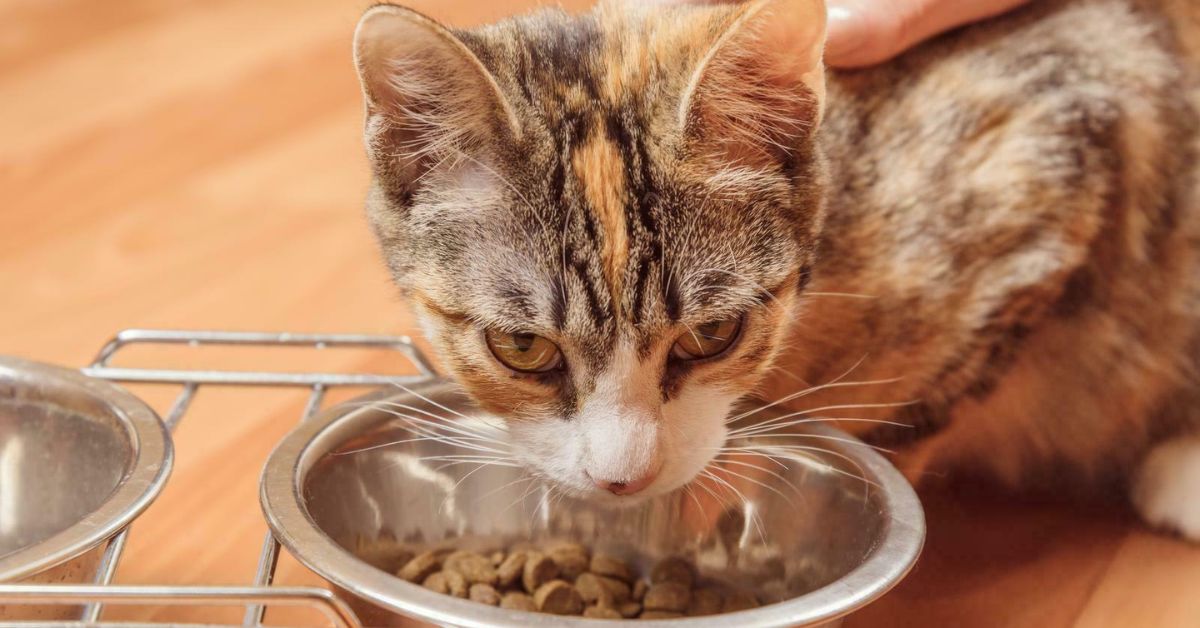
Introduce adult cat food slowly with your kitten’s current food. Gradual transitions help prevent digestive upset and allow your kitten to adjust to the new diet.
Monitor your kitten’s response to the new feeding schedule and food. If they adapt well, continue with the transition. If you notice any issues, consult your veterinarian for guidance.
Conclusion
Feeding your 12-week-old cat correctly is crucial for its growth and development. By understanding what kittens eat, how much they need, and the importance of portion control, you can ensure your kitten grows into a healthy adult cat. Regular exercise, proper litter training, and a gradual transition to adult feeding habits contribute to your kitten’s overall well-being.
Proper nutrition is the foundation of a healthy, happy cat. Consult your veterinarian for personalized advice and stay informed about the best practices for feeding your furry friend. Following these guidelines’ll set your kitten up for a lifetime of good health.
For more tips and personalized advice on kitten care, consider signing up for our expert guidance. Happy feeding!
FAQ
How big is a 12 week old cat?
A kitten’s weight in pounds is about equal to its age in months, and up until the age of five months, his weight increase will be quite consistent. You may fairly assume that a 1-pound kitten is around four weeks old, and a 3-pound kitten is approximately twelve weeks old, provided that the kitten is in good physical condition.
Is 12 weeks old still a kitten?
Kittens will still play and explore by the twelfth week but will also begin to exhibit greater independence and assertiveness. Their personalities, habits, and actions will already be apparent. There will also be a start to the loss of baby teeth.
Can a 12 week old kitten be left alone?
It is not recommended to leave kittens younger than four months old alone for longer than four hours at a time. If your lifestyle necessitates that your cat grow acclimated to spending time alone, start your kitten’s training by progressively lengthening your time away from home.

